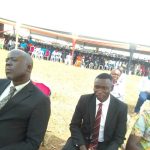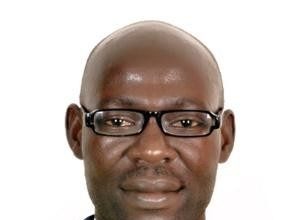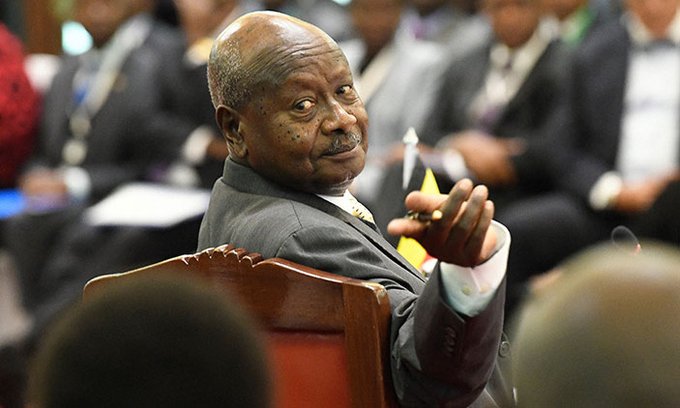Political transitions in Uganda since 1962 have often triggered violence. This is largely attributed to the failure of key stakeholders to identify potential triggers during these transitions, to build positive relationships among civil society, policymakers, and regional and international organizations, and to contribute effectively to the academic and policy literature on peaceful political transitions.
Political transitions, ranging from elections to peace agreements following civil wars, have frequently led to violence. Research shows that many of the past governments before the NRM (National Resistance Movement) were unable to sustain alliances and peace agreements, with approximately half of all such agreements unraveling within five years, sometimes plunging the country into more intense violence than before.
Furthermore, research indicates that elections in Uganda prior to the NRM’s rise to power often ended in electoral violence. A notable case is the 1980 election, where Yoweri Museveni was defeated and contested the results, leading to the 1981-86 NRA bush war. This illustrates how persistent electoral violence can undermine the consolidation of democratic norms and the prospects for long-term peace and stability.
Managing the conflict that accompanies political transitions is crucial for building strong governing institutions and creating mechanisms for durable peace.
What must Uganda do to avoid repeating the mistakes of the 1980s?
- Engage key stakeholders fully to identify potential triggers of violence during political transitions.
- Increase the capacity of stakeholders to identify opportunities for reducing tension.
- Build positive relationships between civil society, policymakers, and regional and international organizations.
- Ensure policy framework papers contribute effectively to the academic and policy literature on peaceful political transitions.
How should Uganda consolidate its democracy?
- Respect the majority’s voice and their demands for peace and smooth transitions.
- Engage the public effectively on peaceful transitions and democratic values.
- Avoid imposing leadership on the people; allow them to make their choices while ensuring stakeholders guide them.
Why should Gen. Muhoozi Kainerugaba retire from the army to run in the 2026 presidential elections?
- Gen. Muhoozi Kainerugaba is publicly appealing and has received widespread support from Ugandans without conditions. The public is ready for a peaceful transition in 2026.
- Through stakeholder engagement, Gen. Muhoozi Kainerugaba has earned respect and demand. He is viewed as a leader capable of consolidating peace and stability in Uganda.
- Gen. Muhoozi Kainerugaba has built strong positive relationships among civil society, policymakers, and regional and international organizations. He has engaged with various military forces, ambassadors, and heads of state for international relations and diplomatic missions.
He is seen as a champion of peace on the international stage, suggesting he has the capacity to build strong economic and political relationships with nations, thus continuing Uganda’s economic growth and consolidating peace and stability.
2026 is a pivotal moment for Uganda. Gen. Muhoozi Kainerugaba could become Uganda’s 10th President.
The Writer is a youth activist for good governance and peace, and a member of the Patriotic League of Uganda.
Tukwatanise Musa
The Political Antidote
0770977545/0754390478
musa81t@gmail.com



















